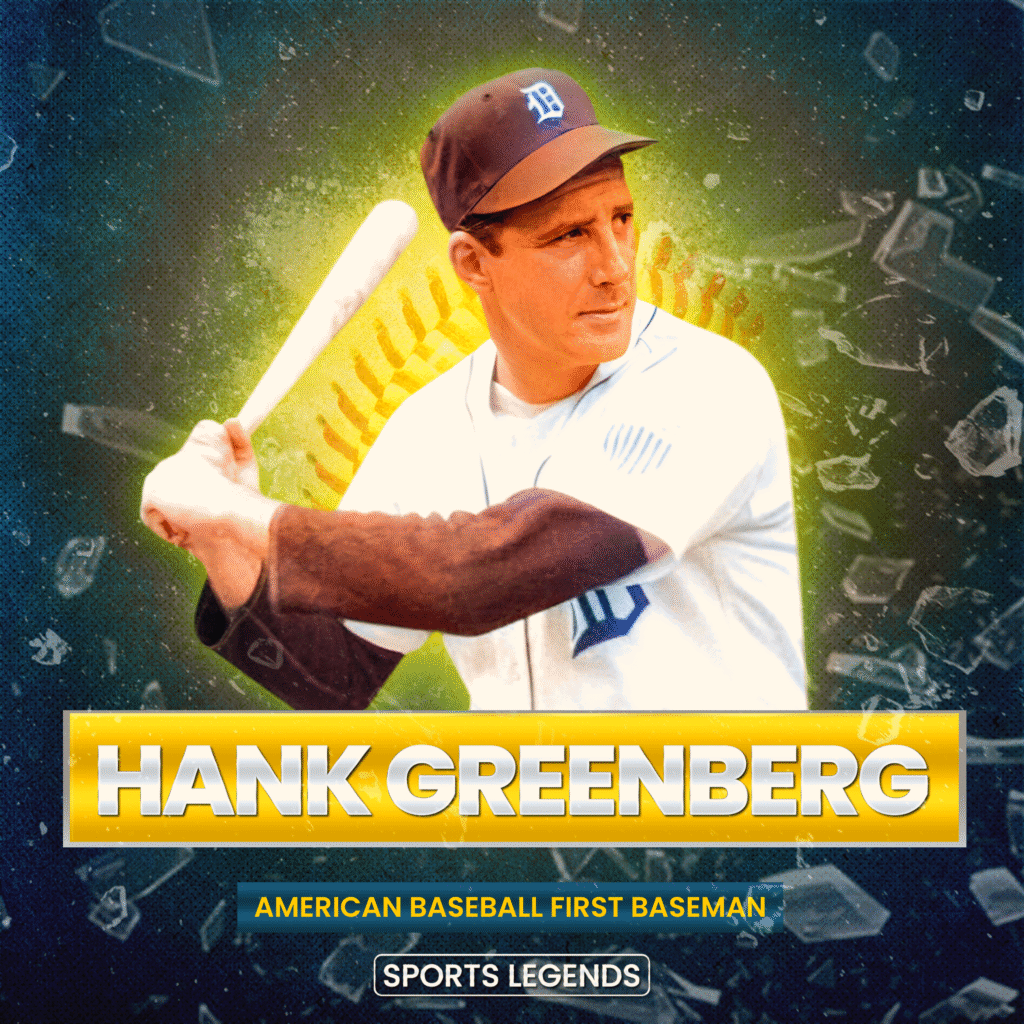By 1934, Hank Greeberg was a starting first baseman, and by 1935, the most feared hitter in the American League, hitting .328 with 36 homers and 170 RBIs that year and winning his first MVP award before going on to help the Tigers win their first World Series title.
He was so memorable on the field that many referred to him as “The Hebrew Hammer” – and not always kindly.
Fans and opposing players hurled antisemitic slurs at Greenberg from dugouts, bleachers, and the press box, yet he seldom replied.
Instead, his bat spoke for him.
In 1938, he hit 58 homers – two shy of Babe Ruth’s record – a near-miss some believe was tainted by pitchers who did not want to see a Jewish man remake baseball history.
But Greenberg never complained.
He simply showed up and hit, making being Jewish look like a strength and not a weakness.


 Please check your email for your login details.
Please check your email for your login details.
